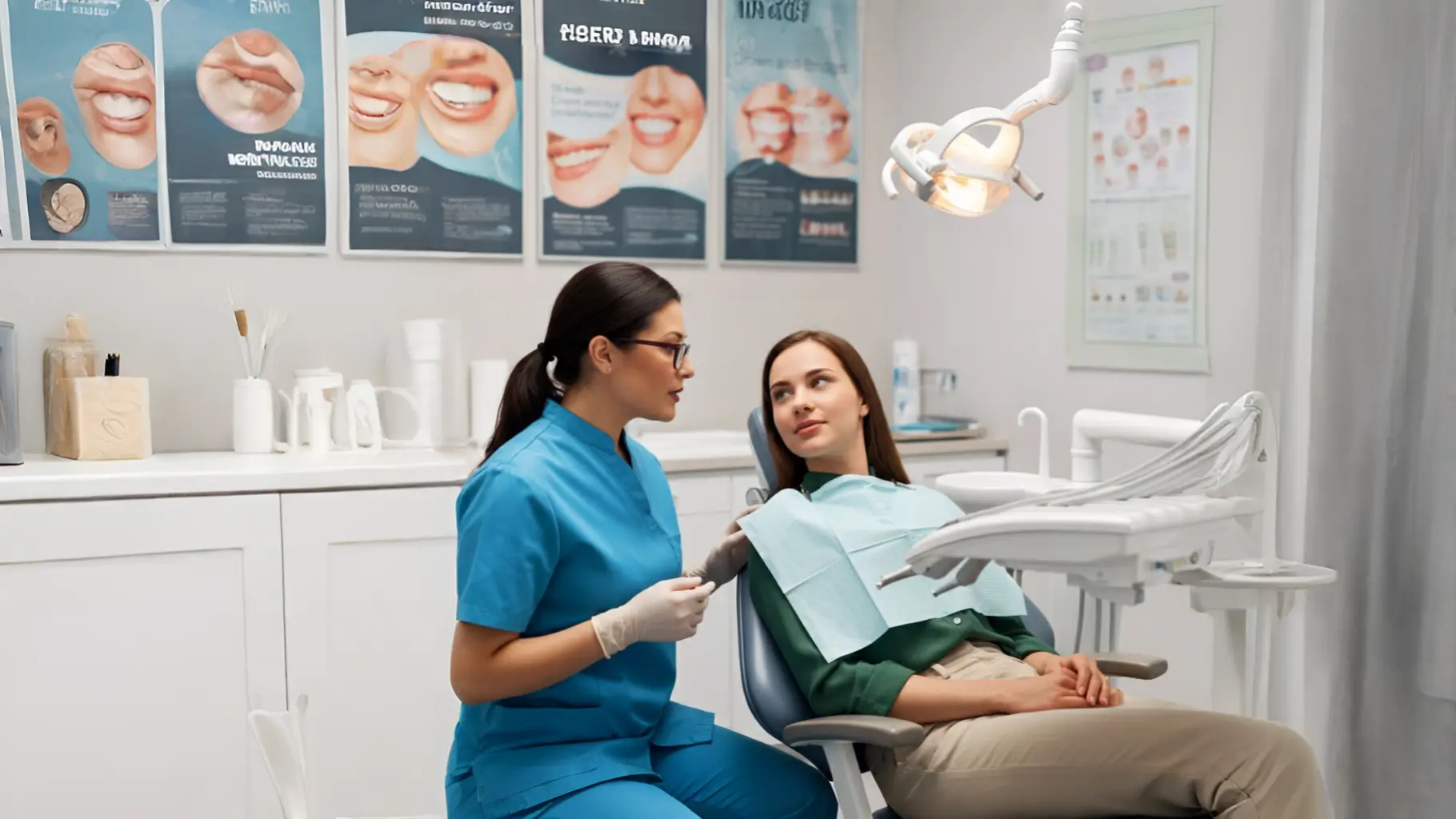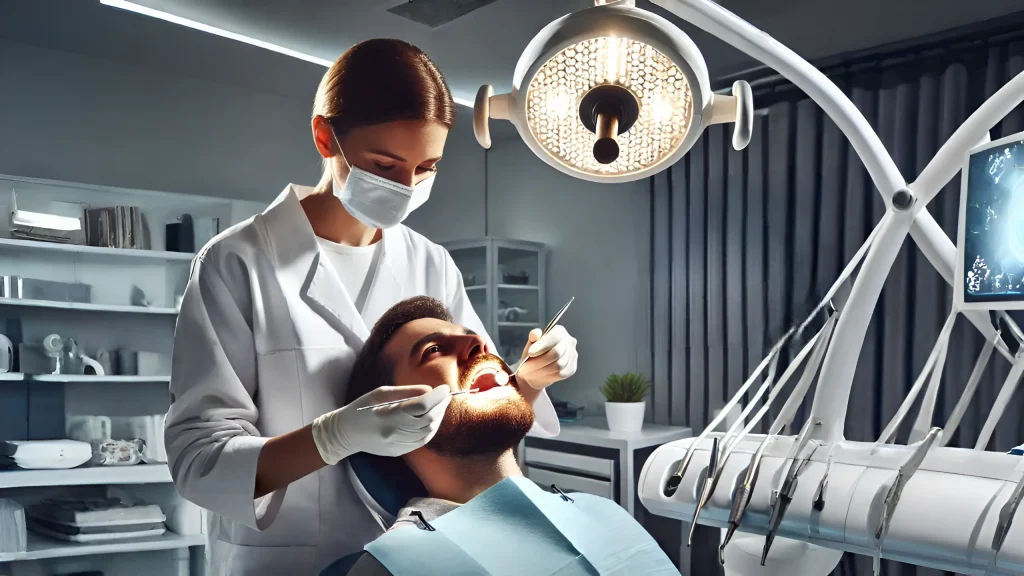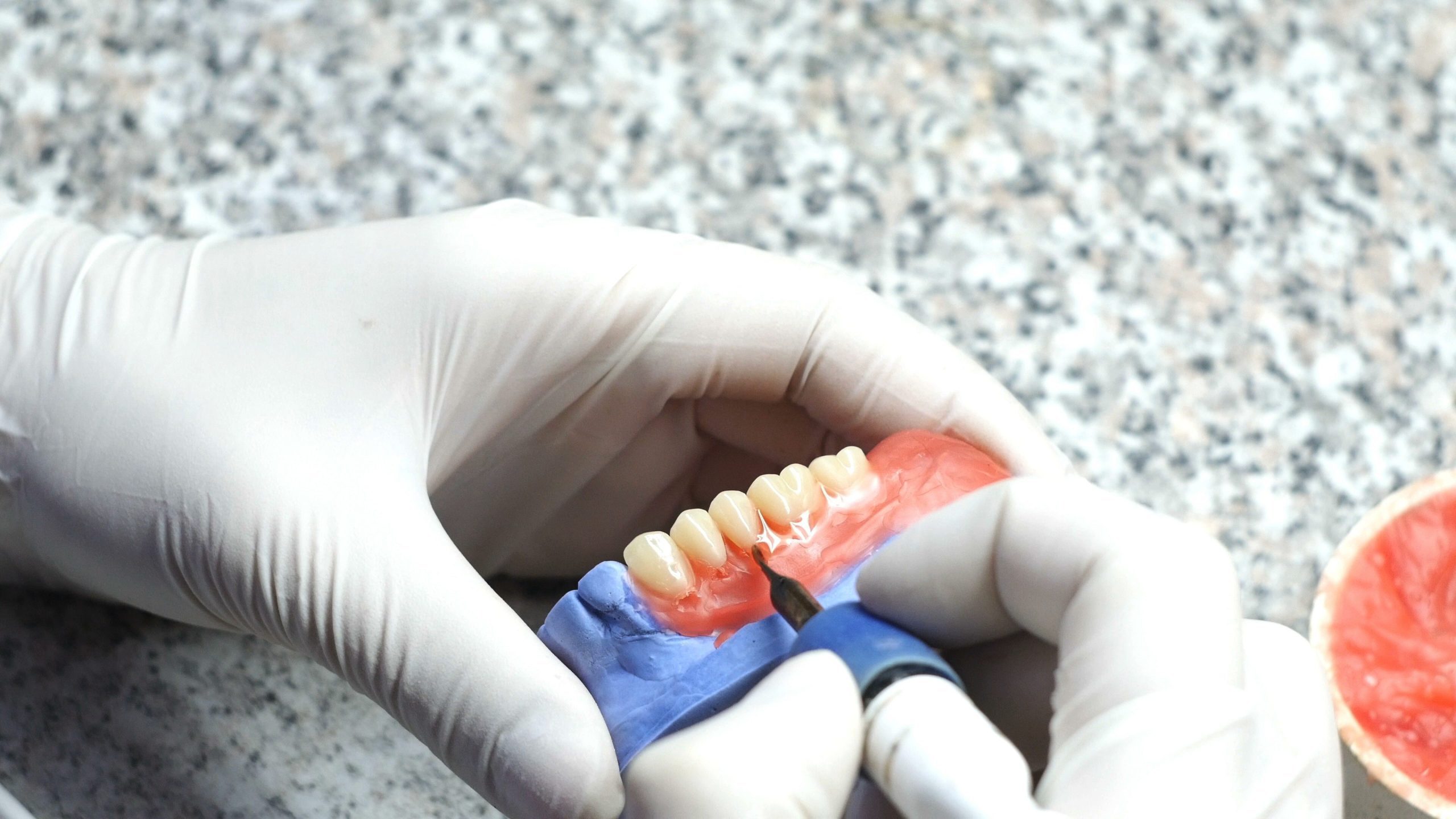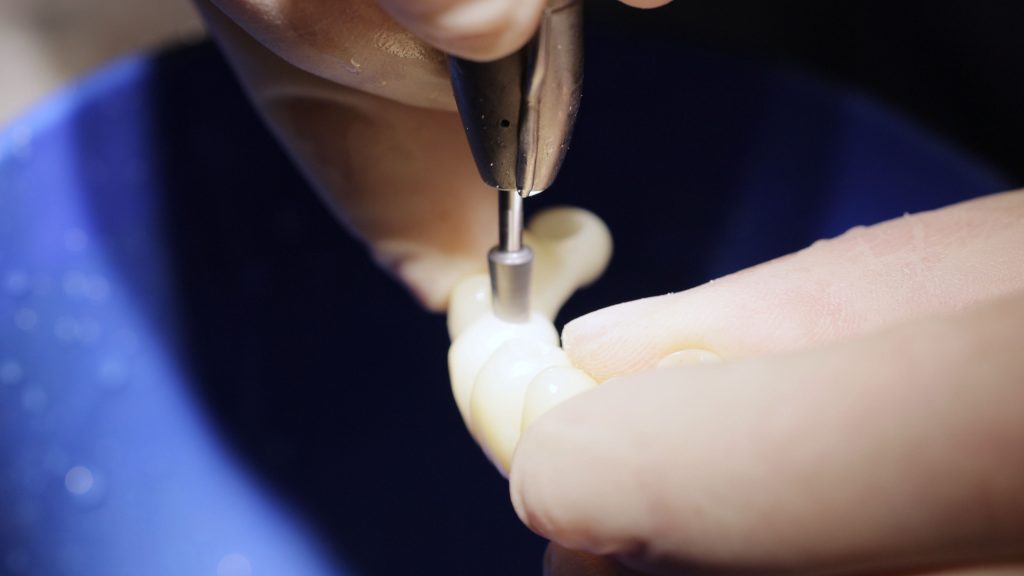Dental Implants for a Missing Single Tooth: Your Complete Guide, Prodental Hackensack, NJ
A missing tooth can feel like a big deal. It affects your smile, confidence, and even how you eat or speak. If you’re missing a single tooth, you might be wondering about your options. One of the best solutions out there is a dental implant. At Prodental Hackensack, NJ, we specialize in helping people just like you restore their smiles with dental implants.
In this guide, we’ll walk you through everything you need to know about dental implants for a missing single tooth—how they work, why they’re great, and what to expect. Let’s dive in!
What Are Dental Implants?
A dental implant is a small titanium post that acts like an artificial tooth root. It’s placed into your jawbone where your missing tooth used to be. Once it’s secure, a crown (the part that looks like a tooth) is attached to the top. The result? A strong, natural-looking replacement tooth that blends right in with the rest of your smile.
Unlike dentures or bridges, dental implants are a permanent solution. They’re designed to last for years—sometimes even a lifetime—with the right care. That’s why they’re such a popular choice for people missing a single tooth.

Why Choose Dental Implants for a Missing Single Tooth?
Losing a single tooth might not seem like a huge problem, but it can cause issues over time. Your other teeth might shift, your bite could change, and even your jawbone can start to weaken. Dental implants solve all these problems and more. Here’s why they stand out:
- They look and feel natural: No one will know it’s not your real tooth.
- They’re long-lasting: With proper care, they can last decades.
- They protect your jawbone: Implants keep your bone strong and healthy.
- No damage to nearby teeth: Unlike bridges, implants don’t rely on other teeth for support.
If you’re tired of hiding your smile or struggling with a gap, a dental implant could be the perfect fix.
How Do Dental Implants Work?
Dental implants work by mimicking the way your natural teeth function. The titanium post fuses with your jawbone in a process called osseointegration. This makes the implant super stable—strong enough to handle chewing and talking just like a real tooth.
Once the implant is fully integrated (which takes a few months), your dentist attaches a custom-made crown. This crown is shaped and colored to match your other teeth, so it looks seamless.
Benefits of Dental Implants
Why are dental implants so highly recommended? Here are some of the top benefits:
- Improved Appearance: They fill the gap and boost your confidence.
- Better Comfort: No slipping or clicking like dentures.
- Easier Eating: Chew your favorite foods without worry.
- Durability: They’re built to last, unlike other temporary fixes.
- Bone Health: They prevent bone loss that happens when a tooth is missing.
- Low Maintenance: Brush and floss them like regular teeth—no special routines needed.
With all these perks, it’s easy to see why dental implants are a game-changer for a missing single tooth.
The Dental Implant Process: Step-by-Step
Wondering what happens when you get a dental implant? Here’s a simple breakdown of the process:
- Consultation: Your dentist checks your mouth, takes X-rays, and makes a plan.
- Implant Placement: The titanium post is surgically placed into your jawbone. This is done with local anesthesia, so it’s comfortable.
- Healing Time: Your jaw needs 3-6 months to heal and bond with the implant.
- Abutment and Crown: Once healed, a connector (abutment) is added, followed by your custom crown.
- Follow-Up: Your dentist makes sure everything looks and feels perfect.
The process might sound long, but each step is carefully planned to give you the best results. At Prodental Hackensack, NJ, we guide you every step of the way.

Are You a Good Candidate for Dental Implants?
Most people missing a single tooth can get a dental implant, but there are a few things your dentist will check:
- Healthy Gums: No active gum disease.
- Enough Jawbone: You need enough bone to hold the implant (don’t worry—bone grafting is an option if you don’t).
- Good Overall Health: Conditions like uncontrolled diabetes might need managing first.
- Non-Smoker (or Willing to Quit): Smoking can slow healing.
During your consultation, your dentist will let you know if implants are right for you.
How Much Do Dental Implants Cost?
The cost of a dental implant for a single tooth can vary. On average, you’re looking at $3,000 to $5,000 in the U.S. This includes the implant, abutment, and crown. Factors that affect the price include:
- Your location
- The dentist’s experience
- Any extra procedures (like bone grafting)
At Prodental Hackensack, NJ, we believe in transparent pricing and offer financing options to make implants affordable. While they might cost more upfront than a bridge or denture, their longevity makes them a smart investment.
Caring for Your Dental Implant
Good news: caring for a dental implant is easy! Treat it like your natural teeth:
- Brush twice a day with a soft toothbrush.
- Floss daily to keep your gums healthy.
- Visit your dentist for regular checkups.
- Avoid chewing on hard things like ice or pens.
With basic care, your implant can stay strong and beautiful for years.
Dental Implants vs. Other Options
Not sure if implants are better than bridges or dentures? Here’s a quick comparison:
- Dental Bridge: A bridge uses nearby teeth for support, which can weaken them over time. It’s cheaper but doesn’t last as long (5-15 years).
- Partial Denture: Removable and affordable, but less stable and comfortable.
- Dental Implant: Permanent, standalone, and protects your jawbone. Higher cost but worth it long-term.
For a single missing tooth, implants often come out on top for durability and natural results.
Why Choose Prodental Hackensack, NJ for Your Dental Implants ?
If you’re in Ramsey, New Jersey, or Hackensack New Jersey you’re in luck! We have highly skilled dentists who specialize in Tooth Extraction. With state-of-the-art technology and a commitment to patient care, Prodental Ramsey dentists can provide you with a comfortable and effective treatment experience.
Book Your Consultation Today! at Prodental Ramsey, NJ or Prodental Hackensack, NJ
If you’re considering Tooth Extraction, don’t wait any longer. A consultation with a trusted dentist in Prodental Ramsey, NJ, or Prodental Hackensack, NJ, can help you determine the best treatment plan for your needs. Whether you’re looking to Tooth Extraction, repair a damaged tooth or replace missing teeth, crowns and bridges can provide a long-lasting solution that improves both your oral health and your confidence.
Call us today to schedule your consultation! Let us help you achieve the healthy, beautiful smile you deserve.
Frequently Asked Questions (FAQs)
- How long do dental implants last?
With proper care, dental implants can last 20 years or more—sometimes a lifetime.
- Is the dental implant procedure painful?
No, it’s done under anesthesia, so you won’t feel pain during the surgery. Some soreness after is normal but manageable with medication.
- Can I get a dental implant right after losing a tooth?
Sometimes yes, but usually, your jaw needs time to heal first. Your dentist will decide the best timeline.
- Will my dental implant look fake?
Not at all! The crown is custom-made to match your other teeth in shape and color.
- Does insurance cover dental implants?
Some plans cover part of the cost, like the crown. Check with your provider or ask us at Prodental Hackensack, NJ, for help.
- What happens if I don’t replace a missing tooth?
Your other teeth might shift, your bite could change, and you could lose jawbone over time.
Final Thoughts
A missing single tooth doesn’t have to hold you back. Dental implants offer a reliable, natural-looking solution that can transform your smile and your life. At Prodental Hackensack, NJ, we’re here to make the process simple and stress-free. Ready to take the next step? Contact us today for a consultation and see how dental implants can work for you!
















